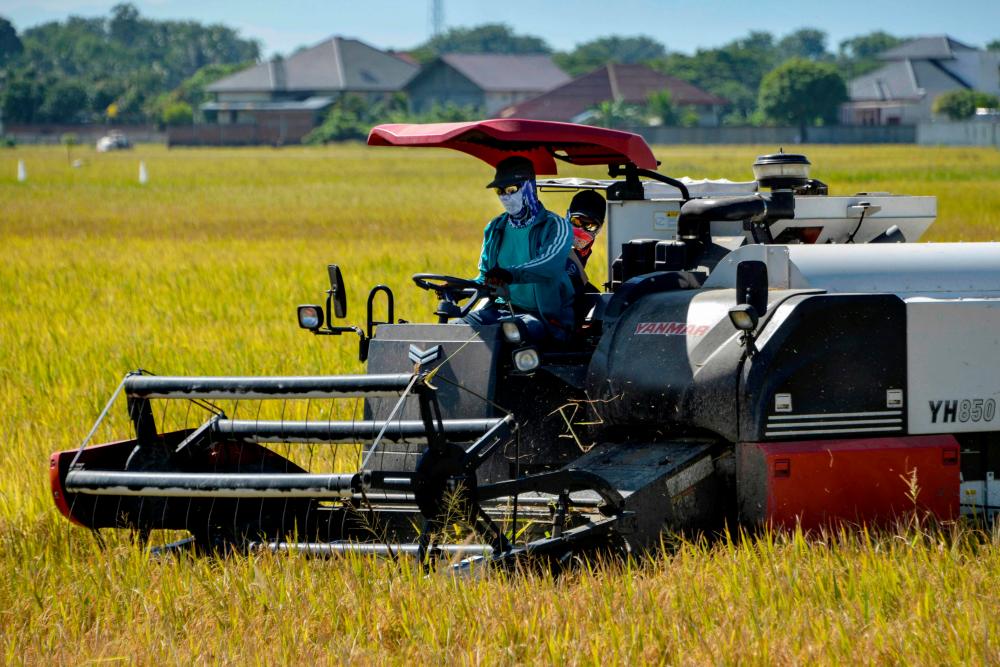JAKARTA: Indonesia is developing vast farm estates across the archipelago – an area 10 times the size of neighbouring Singapore – to counter the nation's reliance on imported food, President Joko Widodo said Wednesday.
The project, which eventually will span nearly 800,000 hectares (two million acres), is preparing land to grow padi (rice), cassava and corn for the world's fourth-most populous country, Widodo told a televised cabinet meeting.
The announcement will anger environmental groups, who have warned such projects mostly exploit peatland areas and encourage forest fires blamed for the seasonal haze that has choked much of the region for the past two decades.
Widodo said the project would "anticipate the world's food crisis due to the Covid-19 pandemic ... also to anticipate climate change as well as to curb our reliance to imported food".
The food estate will be first located in Central Kalimantan on Borneo island and in North Sumatra, and will be extended to West Papua, East Nusa Tenggara and South Sumatra.
"Infrastructure support and road access will also be carried out in the field immediately so that... large modern agricultural tools will not experience difficulties," Widodo said.
Defence Minister Prabowo Subianto, who is spearheading the project, said after the announcement the development was needed now due to food scarcity warnings by the Food and Agriculture Organisation of the United Nations amid the Covid-19 pandemic.
He also said the government wanted to "ensure that we don't depend on foreign supplies".
Prabowo said the project would initially grow 30,000 hectares of cassava and this would rise to 1.4 million by the end of 2025 with its flour used as an ingredient of staples like bread and noodles.
Self-sufficiency in food, sometimes via ambitious projects, has long been a target for Indonesian politicians, given the country is a top importer of wheat and rice.
The project has its critics, however.
Earlier this month Greenpeace Indonesia warned that converting carbon-rich peatland into giant farmlands could cause an environmental catastrophe.
"Since 2015, over a quarter of a million hectares of peatland forest have burned in Central Kalimantan," it said. "While the scientific community is urging us to protect all peatland to halt climate change, the government instead is backing a plan that looks set to turn this land into another carbon bomb." – AFP, Reuters















